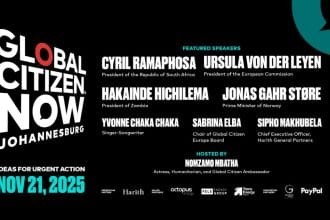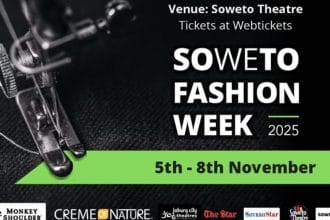What does it take to make money on TikTok when you’re based in South Africa and don’t have access to the platform’s Creator Fund? For many local content creators, the answer has been creativity, hustle, and knowing how to build relationships with brands and fans.
TikTok’s Boom in Mzansi
TikTok isn’t just a passing trend in South Africa—it’s a full-blown cultural phenomenon. With over 17 million users, the platform has become a digital stage for comedians, dancers, fashionistas, and educators alike. It’s where everyday people are building massive followings—and turning those followers into income.
No Creator Fund? No Problem (Sort of)
Unlike creators in the US or UK, South African TikTokers aren’t eligible for TikTok’s Creator Fund, which pays users based on video performance. This lack of access hasn’t gone unnoticed. In fact, Minister of Communications Solly Malatsi voiced his frustration earlier this year:
“Despite these incredible successes, a troubling inequity remains. TikTok’s Creator Fund empowers creators in the US, Europe and parts of Asia… However, South African and African creators continue to be excluded entirely from this economic opportunity.”
How SA Creators Are Making It Work
South African creators aren’t letting this hold them back. Many are finding clever ways to earn a living by building personal brands and engaging directly with audiences.
1. Brand Collabs: The Influencer Hustle
*Anele, a Pretoria-based creator with a passion for skincare, started out posting DIY mask tutorials. When her audience grew, so did her inbox. Local beauty brands now regularly send her products to feature—and pay her for reviews. Anele explains:
“I didn’t wait for TikTok to pay me. I focused on engaging my audience and showing up consistently. That’s what brands notice.”
She’s not alone. According to the 2024 South African Influencer Benchmark Report, brands are increasingly investing in “micro-influencers” who have smaller but more engaged communities.
2. Livestreaming and Digital Gifts
Some creators go live daily, interacting with fans who send digital gifts—virtual tokens that convert to real earnings. While TikTok takes a cut, many say it’s still worth it. A Durban-based comedy duo reported earning over R20,000 a month by combining livestreams with affiliate links and shout-outs.
3. Affiliate Links and Honest Reviews
Sharing affiliate links to products they genuinely use has become a go-to strategy for many TikTokers. It’s transparent, it builds trust, and it pays—especially when paired with engaging product demos.
4. Getting Creative with Effects
TikTok’s Effect Creator Rewards lets users earn for designing augmented reality (AR) filters and effects. It may not be a goldmine, but for tech-savvy creatives, it’s a foot in the monetisation door.
Real Talk: Challenges Still Exist
Despite their hustle, SA creators face big obstacles:
- Limited monetisation tools compared to creators in wealthier markets
- Smaller brand budgets allocated to African campaigns
- Currency disparities that reduce earnings’ real-world value
Dominic Zaca, a creator with over 1.2 million followers, doesn’t mince words:
“African creators are not paid at all by TikTok… We don’t receive any form of remuneration for anything that we contribute on the platform.”
Social media lawyer Lerato Ntwampe echoes the sentiment:
“Smaller budgets allocated by brand agencies or brands for African content creators and weaker currencies… all have an impact on income.”
What Needs to Change?
There’s growing pressure for platforms like TikTok to expand Creator Fund access and provide more transparent tools for African markets. In the meantime, creators continue to adapt.
Boniswa Sidwaba, TikTok’s Head of Content Operations for Sub-Saharan Africa, argues that monetisation tools do exist:
“It is important to correct the notion that Africa has been deliberately excluded… We have a number of tools that our community across the continent can currently benefit from.”
Looking Ahead: South Africa’s Creator Economy Is Rising
The road might be tougher for SA TikTok creators, but it’s far from a dead end. By focusing on audience connection, authenticity, and smart brand partnerships, local influencers are proving that there’s real earning potential on the platform—even without official support.
For many, it’s about more than money. It’s about representation, creativity, and building a new kind of career on their own terms.
ALSO READ: Public Holidays: How to Get 17 Days with Just 7 Days of Leave This Month









